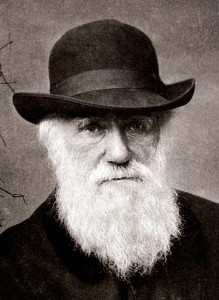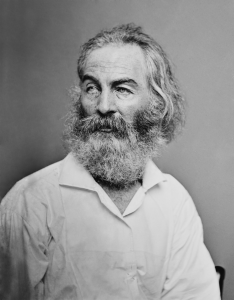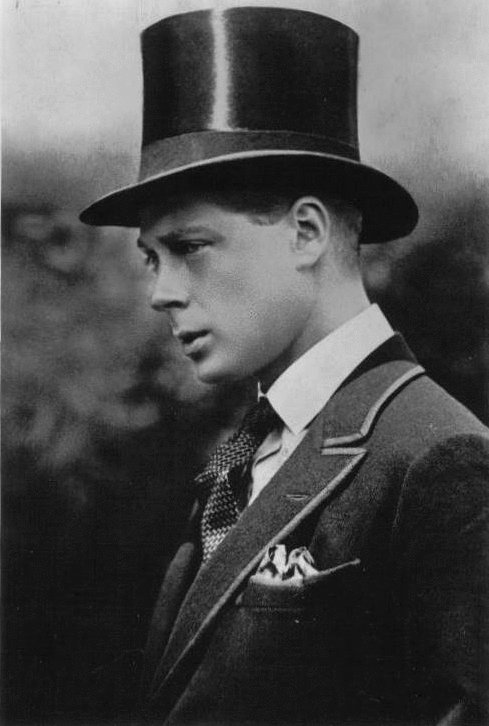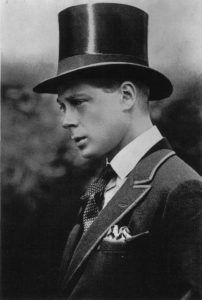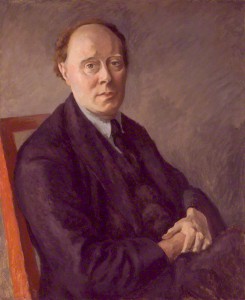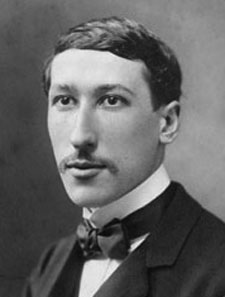To Lieutenant Garcia
Via Santo Stefano Rotondo 6
Rome. February 26, 1946
Dear Lieutenant Garcia,
That you should think Plato good but not true, and should at the same time follow Darwin with approval would seem to indicate that you instinctively think as I think. This, and your Latin (or Greek–for Calabria is very Greek) blood don’t apparently suffice to make you feel at home in my Weltanschauung. What is the difficulty? you don’t tell me or give me any hint of where it lies. Why is Plato good in spite of being wrong? I should say because his ethics and politics are right in principle, but his cosmology is mythical and made to fit his humanism miraculously, having been planned on purpose to produce an ideal Athens and a perfect set of Athenians. Now, this is contrary to Darwin, and must be abandoned: Although the Platonic myth may be excellent parables, illustrating the growth of human virtues, I therefore stick to Darwin (or in my case–rather to Lucretius and Spinoza) in my cosmology; but when I turn to the realm of Spirit (which has its perfectly natural place in animal life) I drop Darwin, Lucretius, and even Spinoza and stick to Plato, or rather to the idea of Christ. I have lately been writing a book on this last subject, which may show you what I mean, and how I graft this Christian morality on the naturalistic stalk Of course, if you hanker for a physically real good world, you will never find it, and it may seem to you discouraging spiritually that spirit should not rule the universe. That would seem to me a pity, and a lack of caution in not keeping truth and imagination in their respective places. Is that what makes you uncomfortable?
Yours sincerely,
G Santayana
From The Letters of George Santayana: Book Seven, 1941-1947. Cambridge, MA: The MIT Press, 2006.
Location of manuscript: Unknown

